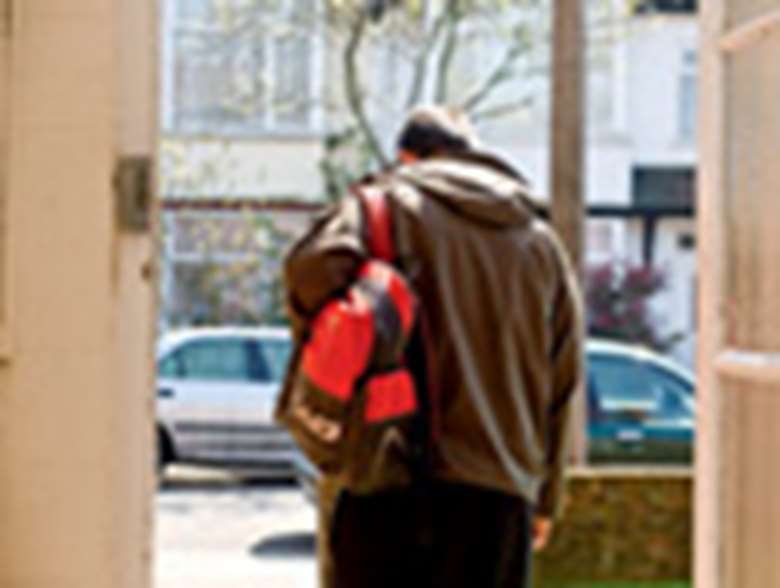Huge surge in instances of children going missing from foster care
Neil Puffett
Thursday, January 15, 2015
More than 13,000 cases of children going missing from foster care were recorded last year, with more than 500 incidents linked to child sexual exploitation (CSE), latest figures show.

Annual data compiled by Ofsted shows that 4,245 young people went missing from foster care on 13,305 occasions during 2013/14, an average of around three times each.
In 2012/13, 3,345 children went missing a total of 9,764 times.
The number of incidents rose most steeply for placements provided by independent fostering agencies which had 7,805 incidents in 2013/14, compared with 5,462 in 2012/13, an increase of 43 per cent.
Meanwhile, there was a 28 per cent increase in cases of children going missing from local authority approved foster carers – up from 4,302 in 2012/13 to 5,500 in 2013/14.
The most common reason for children going missing was because they wanted to get in contact with family or friends, which accounted for 6,596 incidents.
However, 528 incidents were linked to CSE. A further 586 incidents were linked to offending behaviour, and 431 to substance misuse.
The precise reason was listed as “unknown” for 3,189 cases.
More than one in 10 children who went missing (13 per cent) did so for a total length of time longer than one week.
Around a third (32 per cent) were missing for between one to six days in total, with the majority (54 per cent) missing for a total period of time less than 24 hours.
The release of the statistics comes at a time of heightened awareness of the dangers of children going missing from care.
In August last year, an independent inquiry report estimated at least 1,400 children had been sexually exploited in Rotherham between 1997 and 2013, including children who were in the care of the local authority.
Lily Caprani, director of strategy and policy at The Children’s Society, said the rise in case of children going missing was of "grave concern".
"We know that children in care, particularly those placed outside their local area are very vulnerable to abuse and exploitation," she added.
"Many of them will run away to see their family and friends and may be targeted by predators because they are isolated from their usual social network."
Caprani said the government must create a national register of missing and absent children to help identify those who are most at risk.
A spokesman for the Department for Education said: “We are absolutely clear that there is nothing more important than keeping children safe.
"That is why we have placed a duty on councils to interview children who return from going missing within 72 hours, and for the first time ever we are collecting national data for all children who go missing from care, not just those missing for 24 hours."
The Ofsted statistics also reveal that, of the 3,340 young people in foster care who turned 18 during 2013/14, more than half (52 per cent) remained living with their former foster carers after their birthday.
However, across all ages during 2013/14, there were 5,240 “unplanned endings” of fostering placements, compared with 4,328 the previous year, an increase of 21 per cent.




